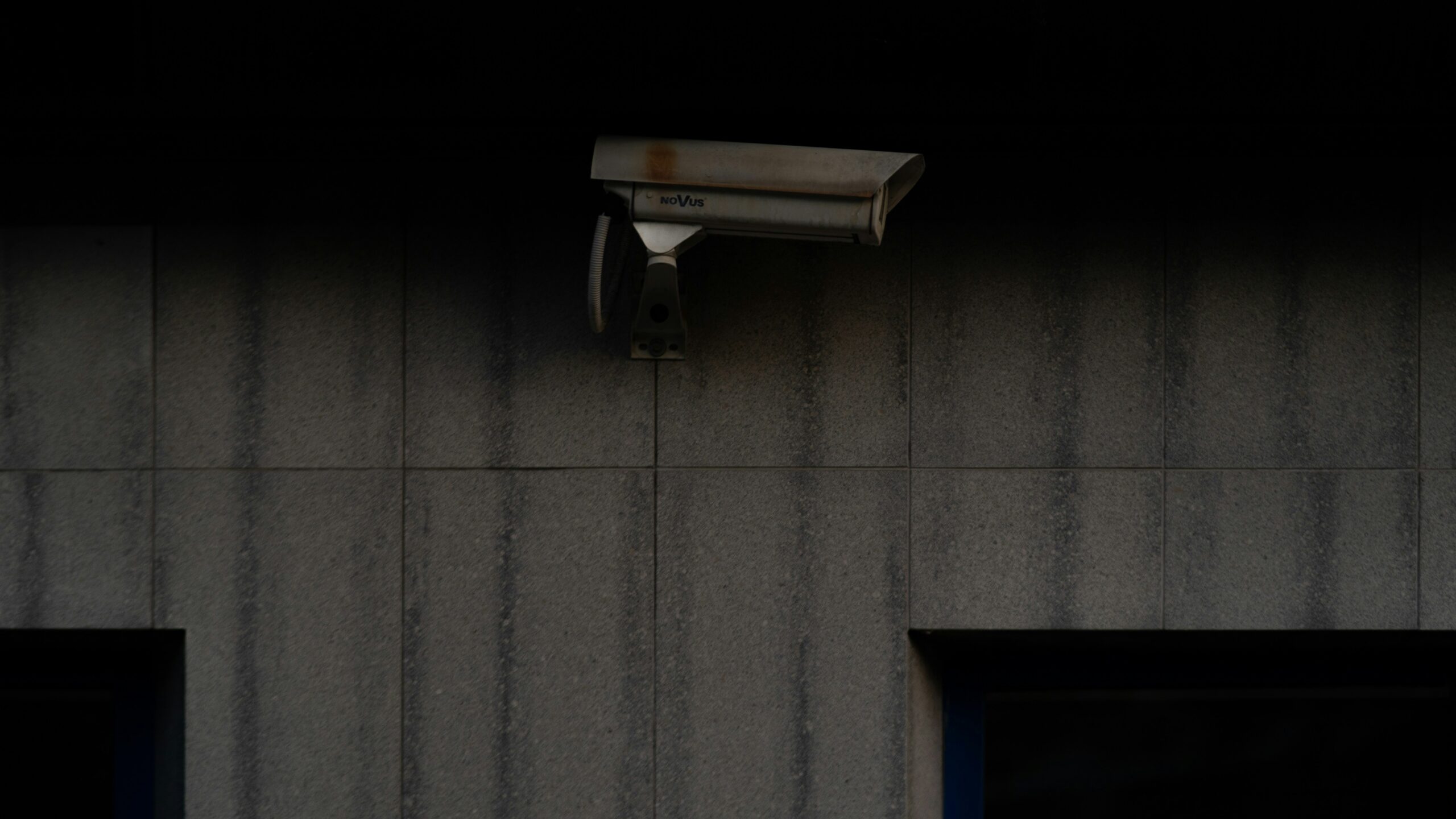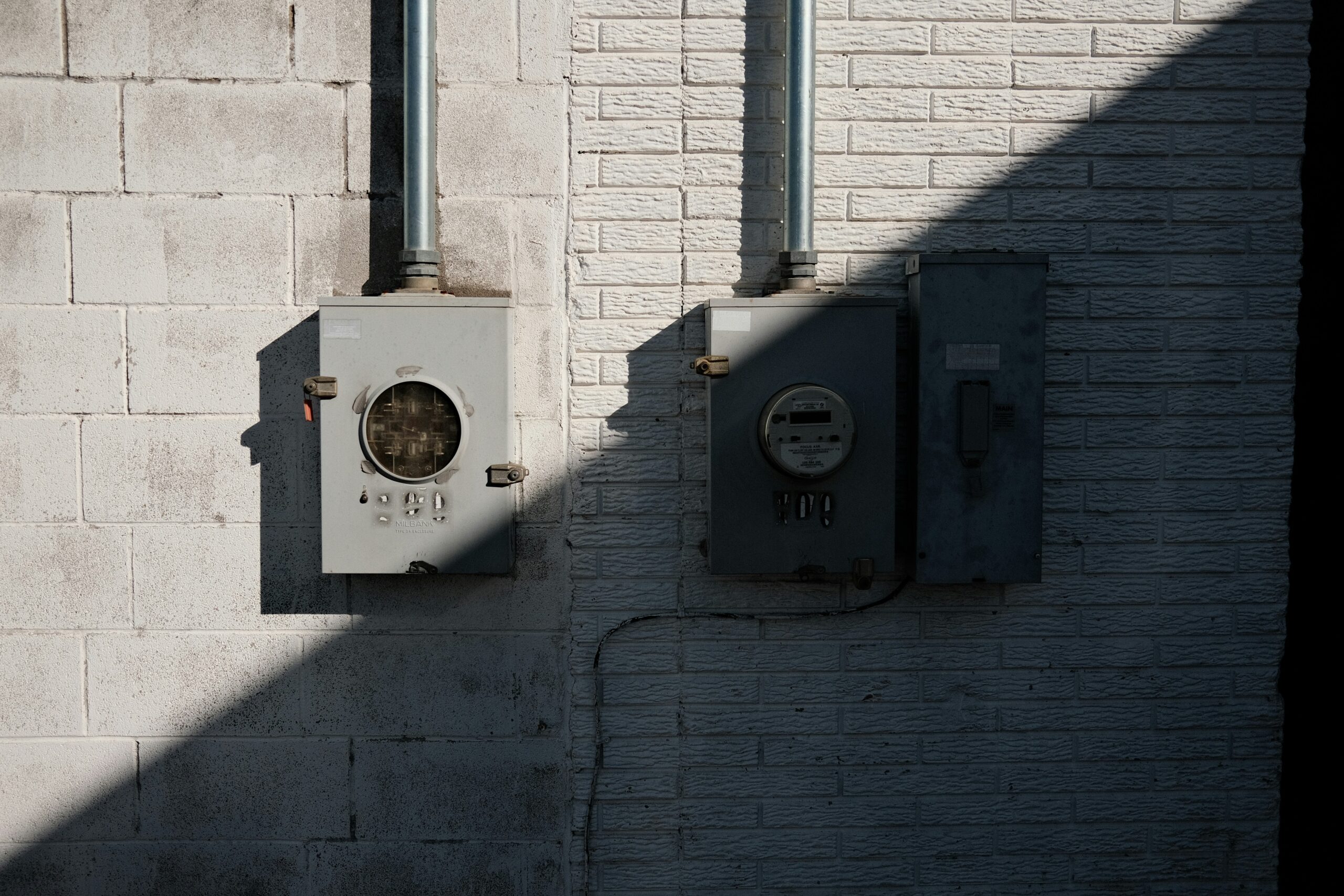Let’s cut to the chase: “I came home one night to a busted window and a missing TV. My burglary insurance covered the loss, but guess what? The deductible hit my wallet harder than I expected.” If you’ve ever been in this situation—whether as a victim or just someone nervously watching late-night news—you already know how devastating a burglary can be. And while burglary insurance offers some peace of mind, there’s one critical factor many overlook: alarm system maintenance.
In this post, we’ll dive into why alarm system maintenance isn’t just another chore—it’s a cornerstone of personal finance protection. You’ll learn:
- Why Alarm Systems Are Key for Burglary Prevention
- A Step-by-Step Alarm System Maintenance Guide
- Alarm Maintenance Best Practices (and One Terrible Tip)
- Real-Life Stories: What Happens When Alarms Fail
<
Key Takeaways
- An unmaintained alarm system increases your risk of burglary—and could invalidate your insurance policy.
- Regular testing and professional servicing extend your alarm’s lifespan and reliability.
- Ignoring low-battery warnings is like leaving your front door open; don’t risk it!
Why Alarm Systems Are Key for Burglary Prevention
Burglaries happen more often than most people realize. According to FBI statistics, a home invasion occurs every 26 seconds in the U.S. Yikes. Now, here’s where things get tricky: if your alarm system fails during a break-in because it wasn’t properly maintained, your burglary insurance claim might not hold up.
Optimist You:* “Insurance will cover everything!”
Grumpy Me: “Not so fast. Most policies have clauses requiring homeowners to maintain their alarm systems regularly.”
This pain point hits close to home for many. Imagine shelling out thousands of dollars only to find that your claim was denied due to something as preventable as a dead battery. Ouch.
A Step-by-Step Alarm System Maintenance Guide

No need to panic—we’ve got you covered with this easy-to-follow guide:
- Test the Siren Monthly: Press the “test” button on your keypad or app. Listen for the loud siren noise. Silent alarms are useless alarms.
- Check Battery Levels Quarterly: Replace batteries at least once a year or whenever you see a low-battery warning. Trust me; ignoring these alerts is like playing Russian roulette with your safety net.
- Inspect Sensors Annually: Dust accumulates over time, which can block motion detectors. Wipe them clean with a soft cloth.
- Schedule Professional Servicing: Even DIY enthusiasts should schedule annual check-ups from certified technicians. They catch issues you wouldn’t even know to look for.
Alarm Maintenance Best Practices (and One Terrible Tip)

Here’s the good stuff—the tips that actually work:
- Create Reminders: Use calendar apps or sticky notes to remember regular checks. Procrastination is the enemy here.
- Label Components Clearly: Write down which device corresponds to each sensor. This saves hours troubleshooting later.
- Stay Updated: Firmware updates improve security protocols. Enable automatic updates if possible.
**Now, here’s my rant:** Don’t fall for the terrible tip circulating online about turning off your alarm entirely “to save money on electricity.” Sure, it’s cheaper in the short term, but it’s also absurdly risky. Would you leave your car unlocked because gas prices went up? Didn’t think so.
Real-Life Stories: What Happens When Alarms Fail
One homeowner in Chicago learned the hard way when his outdated alarm failed mid-break-in. He filed a $20,000 insurance claim, only for the adjuster to deny it citing insufficient upkeep. Lesson learned? Regular maintenance prevents headaches like this.
On the flip side, Sarah T., a satisfied customer, shared her success story. After religiously following our checklist above, Sarah thwarted two attempted break-ins last year alone—all thanks to her well-maintained alarm system.
Frequently Asked Questions
Does Alarm System Maintenance Affect My Burglary Insurance Premiums?
Yes! Some insurers offer discounts for professionally monitored systems that pass inspection. Ask yours for details.
How Often Should I Replace My Entire Alarm System?
Every 5-7 years, depending on technology advancements and wear-and-tear.
What Happens If My Alarm Fails During a Break-In?
You may face higher deductibles—or worse, denied claims—if negligence is proven.
Conclusion
By now, you understand why alarm system maintenance is non-negotiable for safeguarding both your property and finances. From testing sirens to avoiding rookie mistakes like disabling alarms altogether, staying proactive makes all the difference. So go ahead—set those reminders today. Future-you will thank present-you.
Chef’s kiss for taking charge of your personal finance game.
P.S. Like a Tamagotchi, your alarm system thrives with daily care. Neglect it at your own peril.


